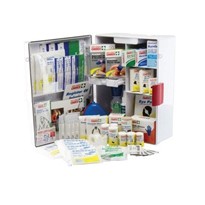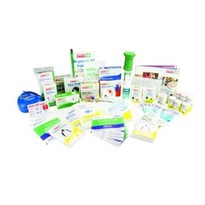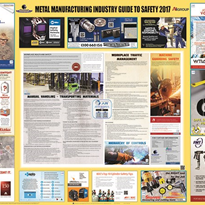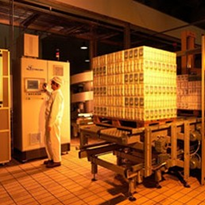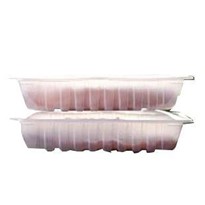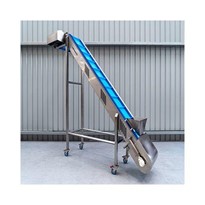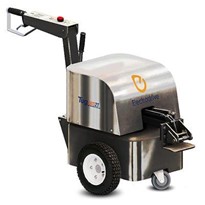The performance of manual handling tasks, such as lifting, pushing, or pulling heavy loads, presents significant risks to both employees and employers alike, leading to potential injuries, operational downtime, and financial losses. Shockingly, in Australia alone, approximately half a million individuals were impacted by work-related injuries and illnesses in the year 2023. Among various industries, food services recorded one of the highest rates of work-related injuries per 1,000 workers, with manual handling activities like lifting, pushing, pulling, and bending being the primary culprits. Additionally, corrosion and contamination pose substantial challenges, with recent research from Curtin University estimating an annual cost of up to $32 billion attributed to rust and corrosion in Australia.
The benefits of stainless steel
Meeting the rigorous demands for cleanliness and sanitisation in food manufacturing necessitates the use of high-pressure water alongside corrosive agents, often resulting in exposure to harsh substances. To withstand such conditions, the utilisation of corrosion-resistant alloys like stainless steel is imperative. The repercussions of employing non-stainless-steel materials can be severe, as corroded particles may break off and contaminate food sources, potentially leading to costly recalls, production disruptions, and damage to brand reputation.
Don't risk a food recall
The ramifications of a food recall due to equipment contamination are dire for any business, resulting in significant financial setbacks and tarnishing of brand image. Over the period from 2013 to 2022, 194 food recalls were attributed to microbial contamination. According to the Food Standards Australia New Zealand (FSANZ) annual report, the incidence of food recalls in Australia has been on the rise, with 93 recalls recorded in 2023 alone, surpassing the 10-year average of 79. Undeclared allergens and microbial issues accounted for a significant portion of these recalls, with equipment being a primary source of microbial contamination.
Using the right equipment
Given the magnitude of risk involved, selecting the appropriate equipment is paramount for mitigating potential hazards, ensuring product integrity, and upholding consumer trust. Stainless steel emerges as the material of choice for the food industry, offering unparalleled hygiene properties that prevent equipment damage and food contamination. Its non-porous surface prohibits the absorption of grease, food particles, and water, facilitating effective cleaning and sanitisation even in harsh environments. Stainless steel serves as an ideal option for food contact surfaces, delivering a blend of corrosion resistance, hygiene, durability, and regulatory compliance crucial for ensuring the safety and quality of food products.
Furthermore, employing specific materials handling equipment tailored to the corrosive properties of various foods and beverages is essential. The pH levels of consumables such as carbonated drinks, beer, soups, jams, juice, sauces, and pickled vegetables can significantly influence their corrosive nature, particularly when they interact with metal surfaces during processing, transportation, or storage. Enzymes and microbial contaminants present in food products further exacerbate corrosion, underscoring the importance of meticulous equipment selection to mitigate risks and prevent costly recalls.
Stainless steel Tug Axis 2T
Acknowledging the unique challenges encountered by food and beverage manufacturers, Electrodrive developed the Tug Axis 2T Stainless Steel Tug. Unlike conventional tugs susceptible to bacterial buildup and surface erosion from chemical washdowns, the stainless steel construction of the Tug Axis 2T inhibits the accumulation of contaminants, rendering it an ideal choice for environments where hygiene and contamination risks are non-negotiable.
Constructed from grade 304 stainless steel, the Stainless Steel Tug Axis 2T offers exceptional resilience against corrosion while boasting a robust design capable of handling loads of up to 2,000 kg. Powered by batteries, this tug empowers users to manoeuvre heavy loads with ease, significantly reducing the risk of strain or injury associated with manual handling. Its durable construction ensures longevity even in the most challenging industrial, wet, or humid environments, while its resistance to regular cleaning and sanitisation further enhances its suitability for food manufacturing settings.
Improve your workplace safety
Moreover, Electrodrive can offer a site assessment to identify potential manual handling hazards and deliver tailored powered mobility solutions to address specific applications. This proactive approach not only enhances workplace safety but also fosters operational efficiency, ultimately contributing to a safer work environment and bolstering overall productivity.
Get in contact
Don't risk hefty fines or compromise on safety. Contact Electrodrive today!
Source
- https://www.paint.org/coatingstech-magazine/articles/corrosion-prevention-food-processing-facilities/
- https://www.foodstandards.gov.au/food-recalls/recallstats
- https://www.foodsafetynews.com/2023/11/australian-food-agency-details-2022-23-highlights-in-annual-report/
- https://www.nchasia.com/en-au/chemical-advancements-in-rust-and-corrosion-solutions-could-save-building-construction-industry-millions/
- https://www.safeworkaustralia.gov.au/sites/default/files/2023-04/safe_work_australia_analysis_of_abs_work-related_injuries_data_0.pdf


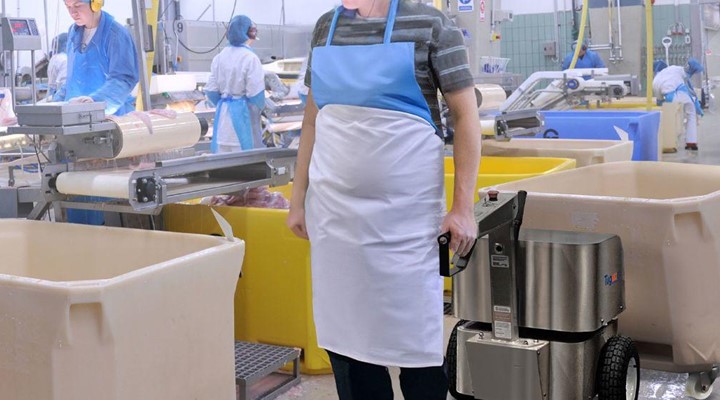
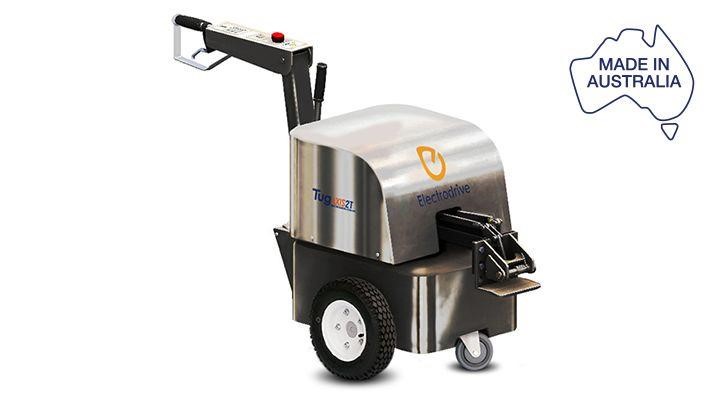
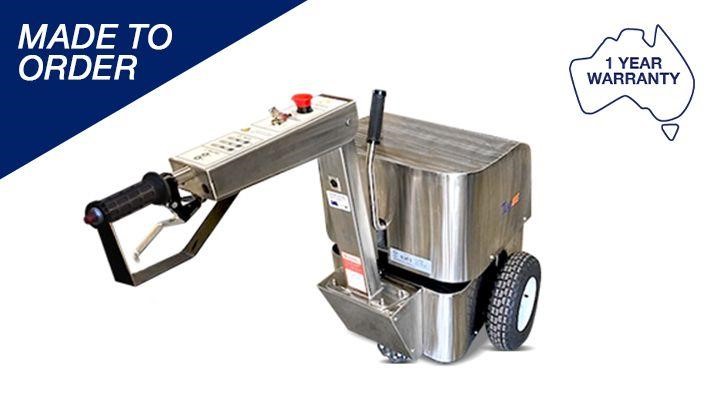
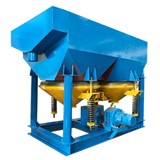
-160x160-state_article-rel-cat.png)



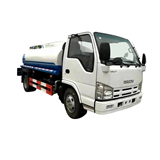






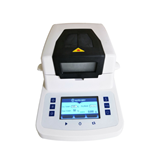





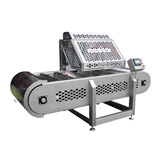
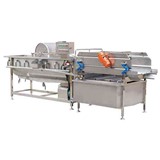
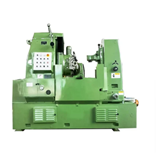
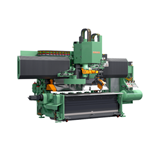
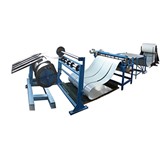
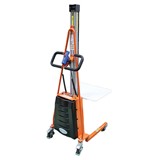


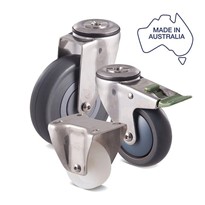
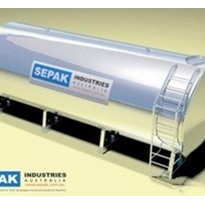

007-205x205.jpg)
